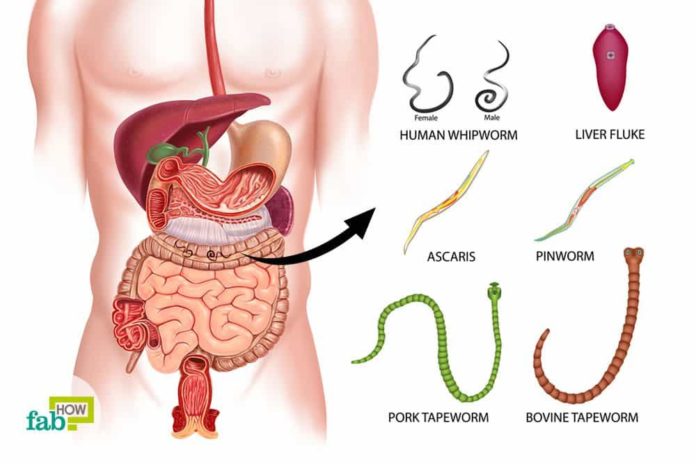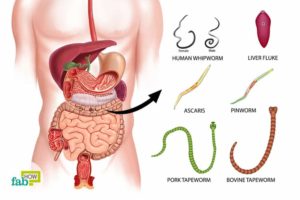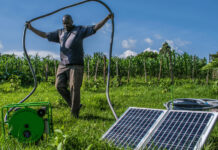By Tabitha Oeri
Nairobi, Kenya: A strategic plan is in place to prevent, control, eliminate and eradicate 20 NTDs and disease group in the next decade.
According to World Health Organization (WHO), these include Dracunculiasis (Guinea worm disease) and Yaws which affect the skin, bone, and cartilage that cause disfigurement and disability.
The other NTDs are namely Chagas disease, Buruli ulcer, Rabies, Schistosomiasis, Ascariasis, Dengue fever, Hookworm infection, Trachoma, Filariasis, Fascioliasis, Whipworm, River blindness, and leishmaniasis among others.
The roadmap aims to reduce the number of people seeking treatment for NTDs by 90%. The other one is to eliminate at least one NTD in 100 countries and finally to reduce by 75% the disability-adjusted life years related to NTDs among other goals.
The new plan formally launches virtually on Saturday, 30th January 2021 by WHO to mark World NTDs day. The zoom meeting starts from 14:00-16:00 EAT. This year’s NTDs day is the 2nd anniversary after the 2012 London Declaration landmark.
The theme dubbed: ‘Ending the neglect to attain the Sustainable Development Goals: A roadmap for neglected tropical diseases 2021- 2030’. This is a premeditated plan that is to refocus its strategies from the vertical disease programs in place to cross-cutting approaches.
This is to ensure stronger accountability by the local government and community leaders. It is also meant to enhance community participation.
With over 270 partners signing up to join the conversation, the main aim for WHO is to bring into focus the need to Face NTDs and End the Neglect. Its purpose is to not only celebrate the progress achieved in the previous years but to also put in place a concrete plan for the next decade (2021-2030).
Affecting the most vulnerable and poorest members of society, NTDs threaten the lives of more than 1.7 billion people living in marginalized tropical-based communities worldwide. The NTDs disable, blind, and disfigure members of a community making them incapable of working or studying. This leads to a repeat of the poverty cycle in the affected communities.
Originally announced by the Crown Prince Court of Abu Dhabi at 2019 Reaching the Last Mile Forum, which is also funding the program; the day brings together civil society advocates, community leaders, global health experts, and policymakers from different diversities and landscapes.
Participating in the 2-hour program will be the Heads of State, Ministers of Health from various countries, WHO Director-general, Regional Directors, and Partner Organizations. The session is meant to inspire those outside the global NTD community in support of ‘Health for All’.
Despite global attention on the Covid-19 pandemic, there is a need for collaboration in order to address the NTDs and end the neglect. This is by ensuring effective mobilization of the available resources.
Africa, Asia, and Latin America are the continents that are most affected by the NTDs. The affected communities do not have access to clean water and lack proper structures for the disposal of human waste.















